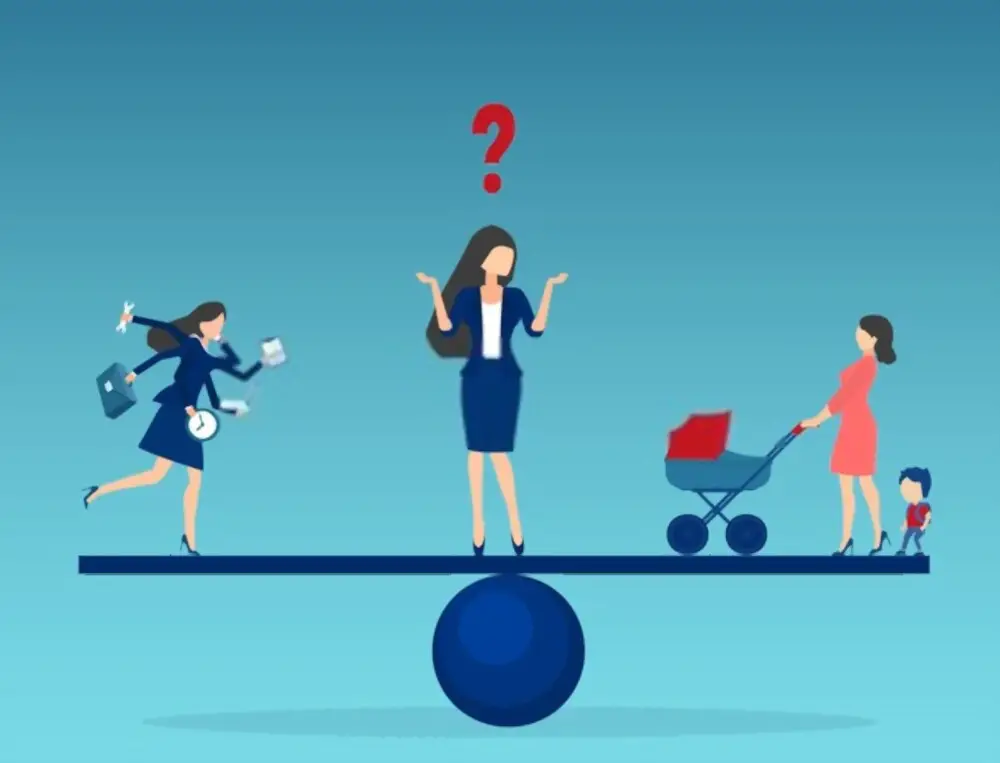Child benefit is a government allowance made to someone who is responsible for a child on a monthly basis to help provide for their needs and to supplement the household budget. It must be charged to one individual, and you don't need to be the kid's parent to acquire it. You should notwithstanding, be answerable for a youngster. Child benefit benefits may or may not be financially beneficial to you, depending on your income. Even if you decide not to receive the payments, it's still a good idea to hire accountants in London to sign up because the payout is related to National Insurance contributions and could affect your ability to claim the state pension.
Gain thresholds for children in 2021 and 2022
Child benefit eligibility is not based on household income. The sum you get is dictated by the number of kids you are liable for, not the amount you get. The oldest (or only) child has a higher rate, followed by lower rates for any younger children. For the 2021-22 assessment year, your oldest or lone kid will get £21.15 every week, and any extra kids will get £14.00. In 2020-21, the eldest or only child will pay £21.05 per week, and each additional child will pay £13.95 per week. For any tax-related issues, cheap tax return accountants are here to help at any time
Your payout would be dependent on the number of children in your custody if your family splits and your children are divided into various households.
If you make more than £50,000 a year, you might be eligible for child benefit.
Despite the fact that youngster advantage isn't implied tried, on the off chance that you or your better half procures more than £50,000 per year, you'll face an additional expense charge known as the high-income child benefit charge'
In this situation, HMRC describes a spouse as anyone from whom you are not fully divorced, married, in a civil union, or live together as though you were.
The salary of the top earner is used to determine the threshold. The tax fee must be charged using a self-assessment tax return for whoever makes a high salary.
For a £100 of compensation between £50,000 and £60,000, the tax fee is one percent of the child support charged.
Whether you or your wife makes more than £60,000, you'll have to pay back all of your child support.






